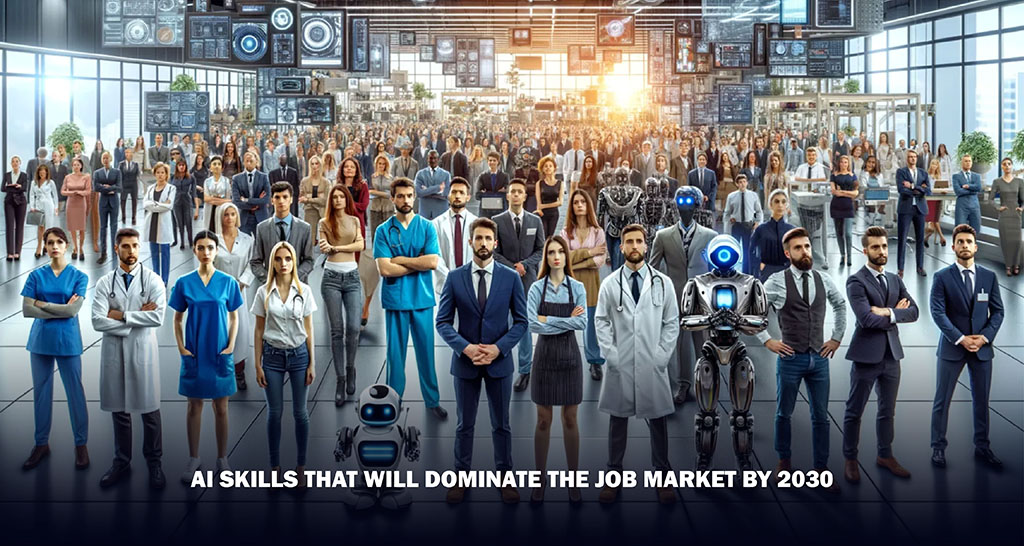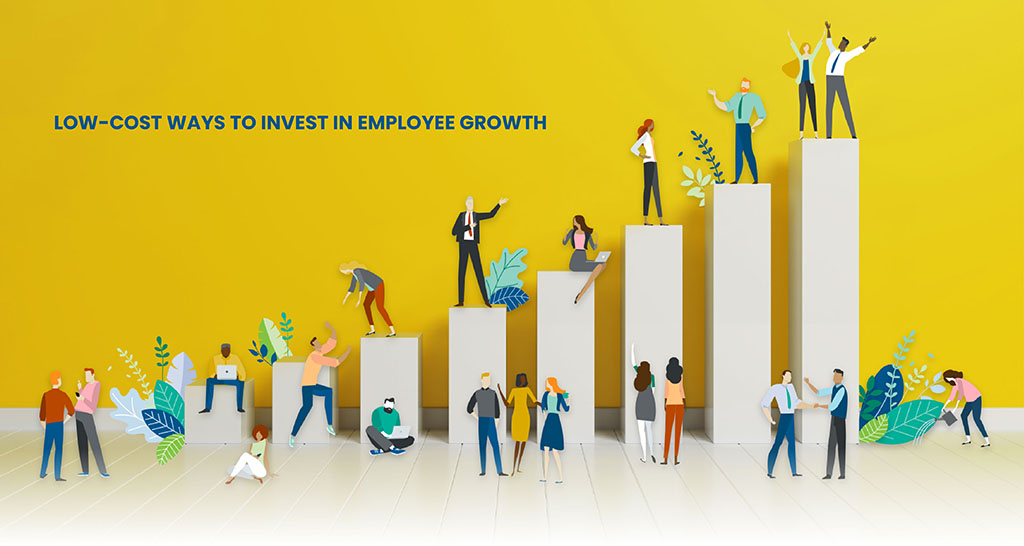The swift advancement of artificial intelligence (AI) is poised to transform various industries and alter the workforce landscape over the next ten years. By 2030, there will be a significant increase in the need for AI-related competencies, fundamentally changing business operations and resulting in the emergence of new positions, while also making certain conventional roles redundant. As AI technology progresses, it will be essential for professionals to develop a combination of technical, analytical, and creative abilities to succeed in a job market that is increasingly influenced by AI.
- Machine Learning and Deep Learning
Machine learning (ML) and deep learning (DL) are fundamental components of contemporary artificial intelligence applications. These disciplines concentrate on developing algorithms that enable machines to learn from data and make decisions autonomously, without the need for explicit programming. By the year 2030, expertise in ML and DL will be crucial across a range of industries, including healthcare, finance, manufacturing, and entertainment. Data scientists and ML engineers will be tasked with creating algorithms that can learn from extensive datasets, ensuring that AI systems continue to evolve and enhance their efficiency over time. The application of DL methodologies, which mimic the processes of the human brain, will equip machines to undertake tasks that involve intricate decision-making, such as speech recognition, image analysis, and self-driving technology.
- Natural Language Processing (NLP)
NLP empowers machines to comprehend, interpret, and produce human language. As virtual assistants, chatbots, and automated customer service systems become more widespread, proficiency in NLP is poised to become an essential competency in the job market. By the year 2030, there will be a significant demand for professionals skilled in NLP, as businesses increasingly depend on AI to streamline communication processes. Experts in NLP will contribute to enhancing the precision of machine translations, sentiment analysis, and voice-driven interactions. Furthermore, given AI’s involvement in content creation and media production, individuals adept in NLP will be instrumental in determining how machines engage with human language across creative sectors, customer service, and even mental health applications.
- Data Science and Analytics
Data science is poised to remain a critical competency within the realm of artificial intelligence. As organizations amass vast quantities of data, the demand for professionals adept at analyzing and interpreting this information to extract valuable insights will continue to grow. By the year 2030, individuals proficient in data analytics will play a vital role in enabling businesses to utilize AI systems for informed, data-driven decision-making. Mastery in data cleaning, organization, and analysis will be essential, alongside the capability to employ AI algorithms for forecasting trends and outcomes. The emergence of AI-enhanced decision-making tools will necessitate data scientists who can integrate technical skills with a comprehensive understanding of business objectives and requirements.
- AI Ethics and Governance
As artificial intelligence becomes increasingly embedded in daily life, the ethical considerations surrounding its application will become more critical. Experts in AI ethics and governance will play a vital role in guaranteeing that AI systems are utilized in a responsible, transparent manner that reflects societal values. By the year 2030, the presence of AI ethics officers and consultants is expected to rise significantly, ensuring that organizations adhere to both legal and ethical standards in the development of AI technologies. This responsibility encompasses tackling issues related to bias, privacy, job displacement, and the accountability of autonomous systems.
- Robotics and Automation
Robotics and automation are poised to transform sectors such as manufacturing, logistics, and healthcare. By the year 2030, there will be a significant demand for professionals who possess skills in the design, programming, and maintenance of AI-driven robots. As these machines advance in sophistication and gain the ability to execute intricate tasks independently, there will be an increasing need for individuals with specialized knowledge in AI-based robotics to develop and sustain these systems.
Conclusion
The job market in 2030 is anticipated to necessitate a combination of technical, analytical, and creative competencies to succeed in an AI-driven environment. There will be a significant demand for expertise in machine learning, data science, natural language processing, and robotics. Concurrently, the advancement of AI will open avenues for professionals proficient in ethics, governance, and human-AI interaction. To maintain a competitive edge in the evolving job landscape, individuals must commit to continuous learning, adapt to emerging AI technologies, and cultivate a comprehensive understanding of the responsible and innovative application of AI across diverse sectors.








